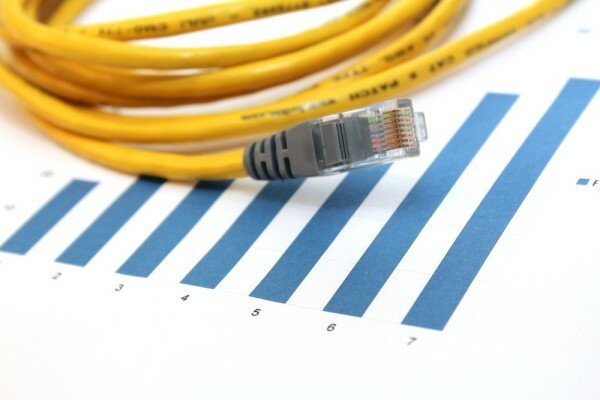
Africa needs to invest in fixed line broadband if it is to prosper and gain from internet access, according to Richard Bell, Wananchi Group chief executive officer (CEO).
Speaking at the Great Rift Valley ICT Summit in Dar es Salaam today, Bell said in many countries on the continent fixed line broadband infrastructure is non-existent, mostly because of a lack of political will.
He noted that in countries where political goodwill is missing there is evidence of monopolies in the ICT sector and high internet prices as a result.
Bell noted that in Tanzania for example where the company has been seeking entry for several months now, the monopolisation of the broadband industry by SEACOM has made the industry unattractive to investors.
“In Arusha the price of a 1MB is US$171MB while in Nairobi it is US$25 for the same. Clearly you can see the effects of a monopoly on prices. If we were to enter the market how much would we sell our products and remain profitable?” Bell asked.
He added that competition has led to cheaper broadband in Kenya after the East African Marine System (TEAMS) had landed.
In Mombasa it costs US$3 per MB compared to US$14 per MB in Dar es Salaam.
In countries where a little fixed line broadband is evident Bell said the benefits can be seen.
Citing Kenya where the company has deployed Zuku fixed line broadband in Mombasa, he said the results of the few subscriptions have indicated that one fixed line subscriber can generate more traffic only compared to 400 users of basic broadband.
According to Google statistics from Kenya, Safaricom has eight million subscribers on their platform, but generate only 11 per cent of Google traffic as compared to Zuku which has 50,000 subscribers and generates 28 per cent of traffic to the search giant.
Bell is also calling for the localisation of peer points other than over reliance on western and Asian countries.
“Governments need to encourage regionalisation and localisation of global content,” he concluded.


















